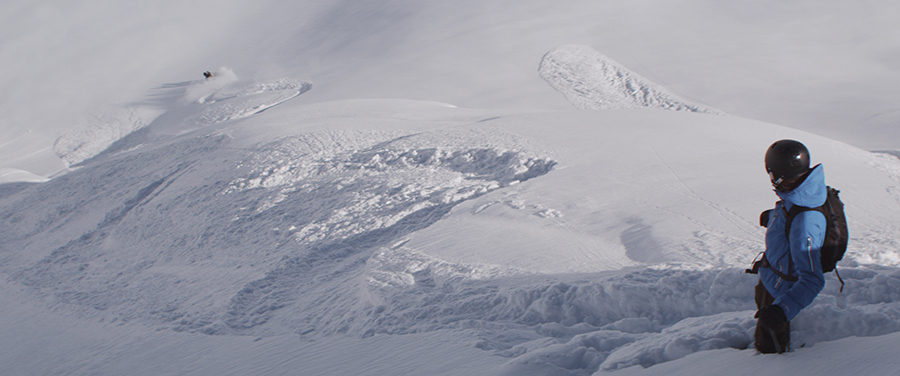
The greater the stakes, the greater the reward. We need something to test us and give us the opportunity to pass the test. When it comes to a thrilling test of courage, a good villain is a necessity. So, who is the greatest villain of all time? Why, it’s the master foe that we have been fighting against since we first learned to fight against anything, the great and terrifying force that we fear the most: the natural world we live in.
When Mother Nature comes after you, she is huge, she is merciless, she is determined. There is no negotiating with a natural disaster and it has no interest in anything you have to say for yourself. Mother Nature is unrelenting and she does not care about you. Not at all. That’s what makes her the ultimate movie villain. A crazy serial killer that doesn’t care about any agenda but her own.
Standing against a force of nature is a test of courage so immense that it can provide a million different variations on fear and consequence.
On Jan. 9, Filmworks presents the Swedish family drama “Force Majeure.” The Golden Globe nominee and Oscar hopeful takes a middle-class family and watches as an unexpected natural event reshapes them.
Tomas, Ebba, and their two children are happily enjoying lunch during their holiday in the French Alps when an avalanche threatens to destroy the café there are sitting in. The avalanche is controlled and everyone ultimately walks away unharmed. Life should move on, but it doesn’t. As hard as they try, Tomas and Ebba can’t return to the happy couple they once were because of what Tomas does.
When nature comes, he runs.
One moment of panic when faced with an insurmountable foe causes Tomas to abandon his family. Neither Ebba nor Tomas can find a way to reconcile this and easily return to the life they once thought of as happy, ordered, and safe.
Just over 100 years earlier, another piece of ice moved toward a group of vacationers. This time, nature couldn’t be contained and an iceberg tore apart the RMS Titanic, killing more than a thousand people in its path.
The story of the disastrous maiden voyage of the Titanic has become a classic metaphor for the futility of industrial attempts to control nature and the absurdity of the notion that we can ever truly be safe in the natural world. The unsinkable ship sank. It sank before it ever reached port. It sank in a spectacularly deadly manner. It sank because it got in the path of an iceberg. Nothing personal, but the iceberg had a plan and nature will have its way.
The Titanic’s story has been told many times — perhaps most famously by the James Cameron film in 1997 — but the classic example is the 1958 Golden Globe winner “A Night to Remember,” directed by Roy Baker. This heartbreaking film, based on the book of the same name, deftly conveys the horror and panic of being caught on a sinking ship in the middle of the freezing Atlantic.
The gamut of human reaction to such a disaster is explored, from nobly sacrificing personal safety to help others, to the horrors of watching people trample children in a race to escape the rising water, and the silent mourning of those in the lifeboats who were unable to answer the cries for help. The reactions recorded by those who survived were as varied as human nature can be. The one consistency being that no one, not a single person, was a match for a hunk of ice determined not to change its path.
When faced with an unstoppable force it seems that all you have left is your own soul. Any attempt at control is simply whistling in the wind.
Fae Giffen studies at San Jose State in the School of Library and Information Science graduate program. She serves on the Filmworks board, working on marketing and development.
